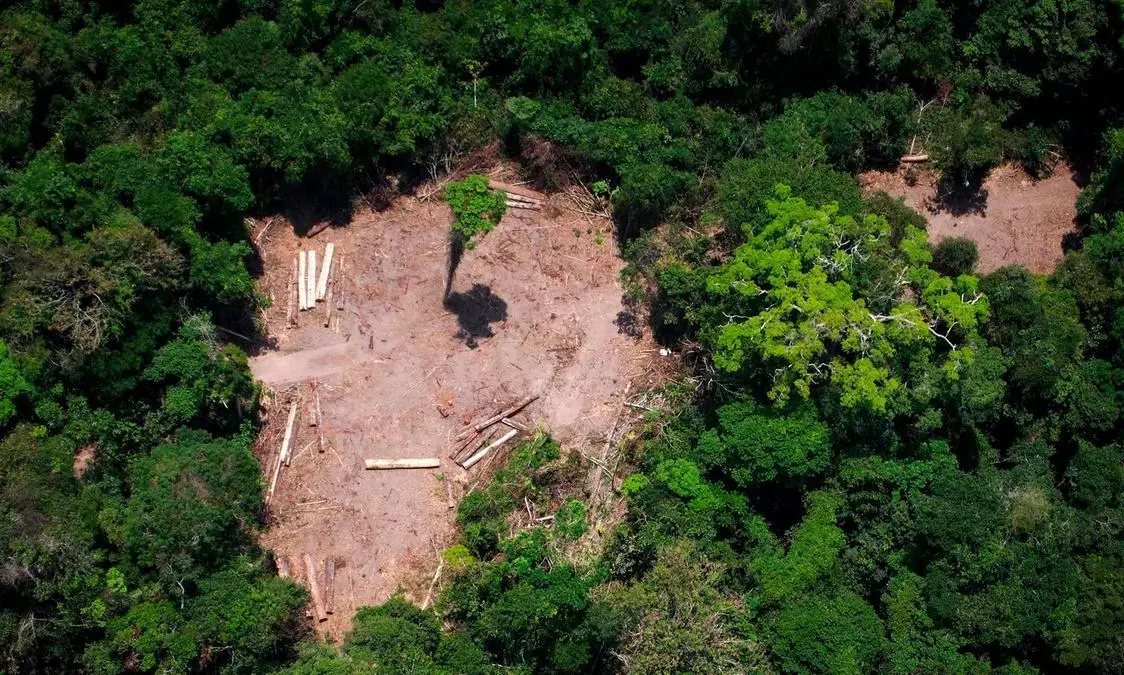
Earth's forest cover declined 60% plus in past 60 years: study
text_fieldsTokyo: A study has found that the global forest cover has reduced by more than 60 per cent in the last 60 years. The loss threatens the future of biodiversity and will impact 1.6 billion people's lives worldwide, PTI reported.
The decline amounts to 81.7 million hectares from 1960 to 2019, and gross forest loss outweighed gross forest gain, the study published in the journal Environmental Research Letters inferred. The study, conducted by researchers from the Forestry and Forest Products Research Institute (FFPRI) in Japan, subjected global land use dataset to examine how global forests have changed over space and time.
According to their inference, the decline in global forests combined with the increase in global population over the 60 years has resulted in a decrease of the worldwide forest area per capita by over 60 per cent, from 1.4 hectares in 1960 to 0.5 hectares in 2019.
The researchers said, "The continuous loss and degradation of forests affect the integrity of forest ecosystems, reducing their ability to generate and provide essential services and sustain biodiversity."
"It also impacts the lives of at least 1.6 billion people worldwide, predominantly in developing countries, who depend on forests for various purposes," they added.
The forest transition theory states that forest losses are occurring primarily in the lower-income countries in the tropics and forest gains in the higher-income countries in the extratropics. The discovery has shown that the change in the spatiotemporal pattern of global forests supports the forest transition theory.
The lead author of the study, Ronald C. Estoque, the lead author of the study said, "Despite this spatial pattern of forest loss occurring primarily in the less developed countries, the role of more developed nations in this said forest loss also needs to be studied more deeply."
He said, "With the strengthening of forest conservation in more developed countries, forest loss is displaced to the less developed countries, especially in the tropics."
The researchers said that monitoring the world's forests is an integral part of various global environmental and social initiatives, including the Sustainable Development Goals (SDGs), the Paris Climate Agreement and the Post-2020 Global Biodiversity Framework.
To help achieve the goals of these initiatives, there is an inevitable need to reverse, or at least flatten, the global net forest loss curve by conserving the world's remaining forests and restoring and rehabilitating degraded forest landscapes, they added.























